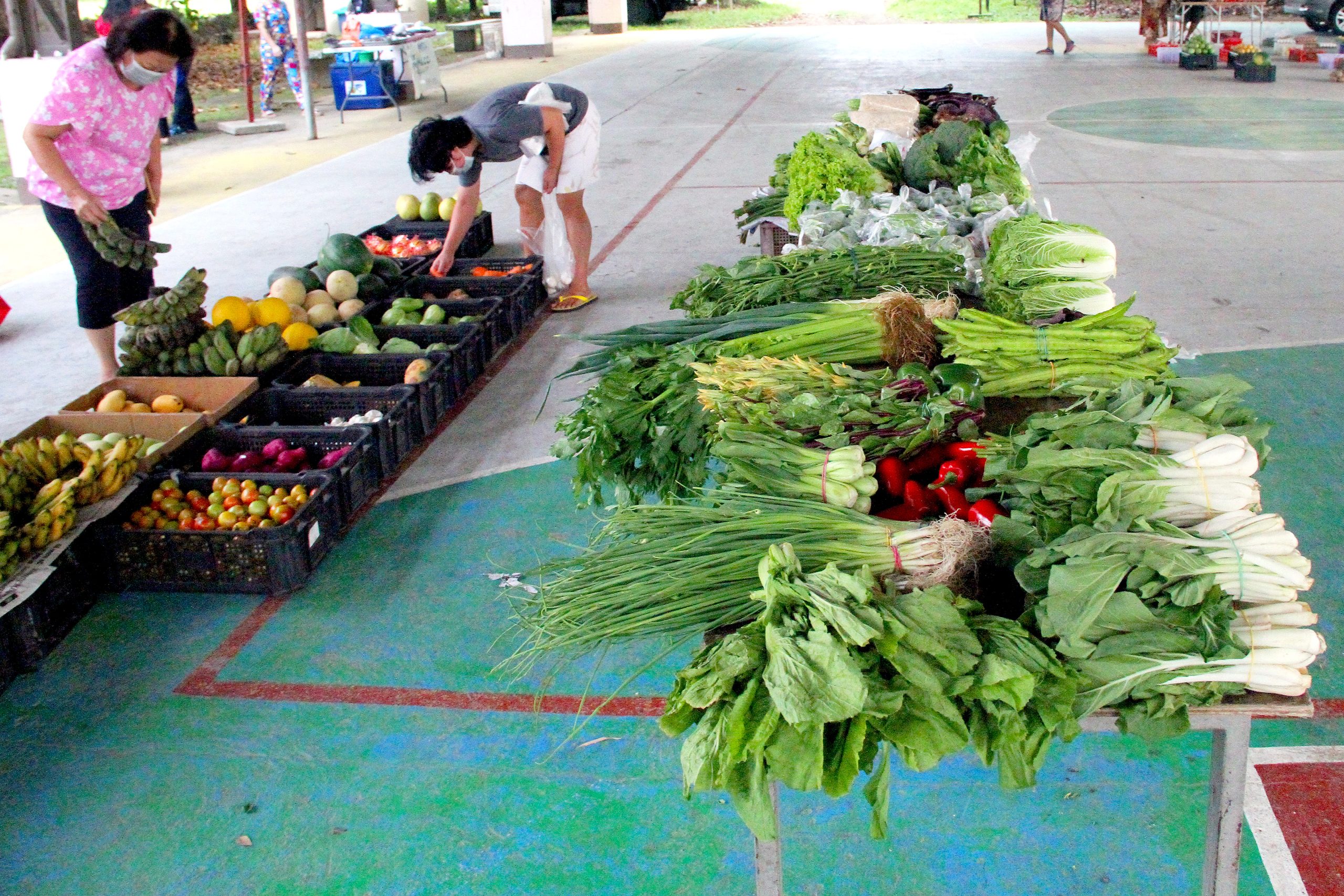News
Gov’t expecting ‘broad-based, less volatile’ inflation
By Ruth Abbey Gita-Carlos, Philippine News Agency

FILE: Customers have several fresh vegetables to choose from at the Kadiwa store of Vista Real Classica Subdivision in Barangay Batasan, Quezon City on Saturday (Jan. 14, 2023). (PNA photo by Robert Oswald P. Alfiler)
MANILA – The Marcos administration is expecting a “broad-based and less volatile” inflation, amid the implementation of measures aimed at taming the prices of goods and services.
This was after the country’s headline inflation further slowed to 1.9 percent in September, the lowest recorded since the 1.6 percent rate logged in May 2020.
In a statement issued Friday night, Budget Secretary Amenah Pangandaman welcomed the easing of inflation, saying it shows that the current administration’s goal to bring progress to the country is within reach.
“This proves that we remain on track with our Agenda for Prosperity, with the average inflation rate now standing at 3.4 percent, well within the government’s target range of 2.0 (percent) to 4.0 percent for 2024,” Pangandaman said.
“Going forward, we expect broad-based and less volatile inflation, following the aforementioned supply-side and mitigating measures that have been accounted for in the national budget.”
The September inflation is lower than the 3.3 percent inflation rate in August and the 6.1 percent in September 2023.
Pangandaman said the latest inflation rate is consistent with inflation trends in other Southeast Asian countries, further cementing the Philippines’ position as “one of the major key players in Southeast Asia.”
She attributed the slowdown to the big drop in rice inflation, now at 5.7 percent from 14.7 percent in August, and the steady supply of high-value crops that reduced the price of vegetables.
“Together with the rest of the Economic Team, we will continue implementing measures to reduce further inflationary pressures,” Pangandaman said.
She assured that the Marcos administration would continue to do its best to enhance agricultural productivity, expand logistics infrastructure, ensure the efficient delivery of social services, and provide inflation-related subsidies, such as fuel subsidies for qualified public utility vehicle drivers, fuel assistance to farmers and fisherfolk, and the fertilizer discount voucher program.
The budget chief said the government would also address the impact of La Niña that may persist until the first quarter of 2025.





















